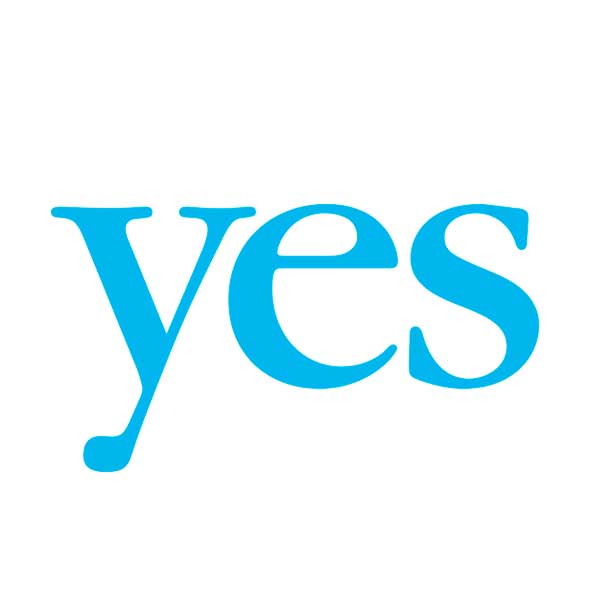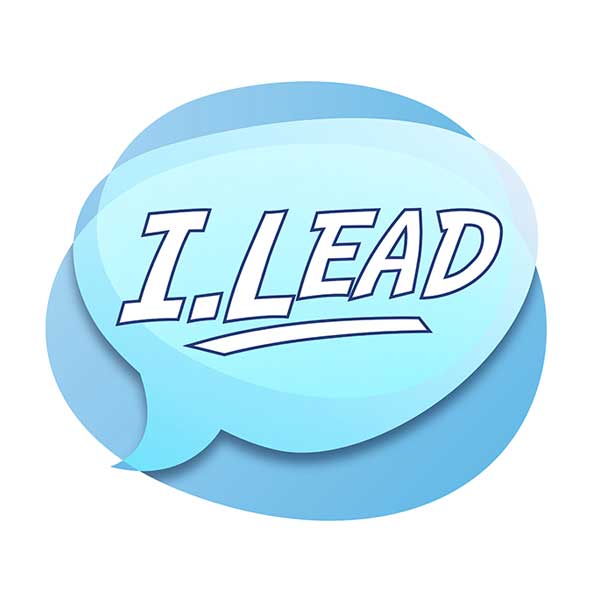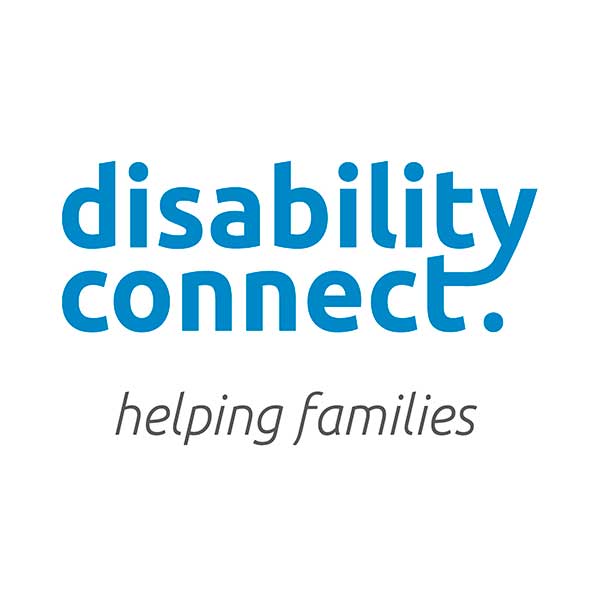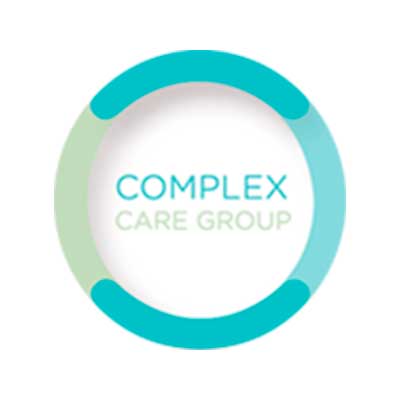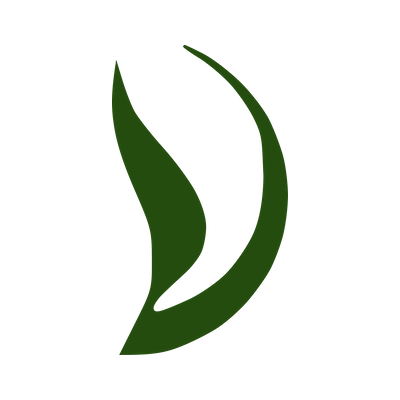New Ministry for Disabled People
The Government is introducing a Ministry for Disabled People, to be established by 1 July 2022. It will lead the realisation of a true partnership between the disability community and government, and to help drive ongoing transformation of the disability system in line with the Enabling Good Lives (EGL) approach.
The new Ministry will take on most functions currently delivered by the Disability Directorate (DSD) in the Ministry of Health (MoH), as well as taking on new responsibilities.
The ambition for the new Ministry is aspirational. To truly transform the way government serves disabled people, tāngata whaikaha Māori, families and whānau, the Government decided to look beyond disability supports to examine and strengthen the cross-government disability system.
The Ministry of Social Development will host the new Ministry for Disabled People. This will ensure the new Ministry will have access to existing shared services and knowledge to help it hit the ground running.
The new Ministry will have a range of functions that will expand in the future as Disability System Transformation progresses, and consider the entire wellbeing of disabled people, from housing to transport, communication, technology, public buildings and spaces, and all areas of life.
All government agencies will continue to have responsibility to disabled people, for example the health system continues to have responsibility for the health outcomes of disabled people.
This will mean:
- ensuring the Enabling Good Lives vision and principles as the basis on which government supports disabled people across their lives
- working in partnership with disabled people and ensuring a high level of trust and transparency
- lifting the profile and visibility of disability across government
For more information on the new Ministry of Disabled People, please visit New Ministry for Disabled People
Enabling Good Lives
Enabling Good Lives is a partnership between government agencies and the disability sector aimed at long term transformation of how disabled people and families are supported to live everyday lives.
The Enabling Good Lives approach is based on supporting disabled people’s access to everyday life in everyday places, rather than focusing on ‘special’ places or activities for disabled people with a vision that:
‘In the future, disabled children and adults and their families will have greater choice and control over their supports and lives, and make more use of natural and universally available supports.’
The EGL vision and principles were developed in 2011 by the disability community to underpin a new approach to disability support. The vision since day one has been for disabled children and adults and their whānau to have greater choice and control over their supports and lives.
As evidenced by the pilot projects in Christchurch, Waikato and Mid Central region, there are improved outcomes when disabled people, families and whānau have that choice and control over their supports and access. These include increased autonomy and social connectedness, improved quality of life, and better access to education and employment opportunities.
The key features of a transformed disability system based on the EGL approach are:
- people are welcomed into the system in multiple ways, and can then be provided with information, linked with a Connector, peer network, government agency or disability organisation
- access to Connectors who can walk alongside disabled people and whānau if they choose, to help them identify what they want in their life, how to build their life, and the range of supports available to live their life
- easy to use information and processes that meet the diverse needs of disabled people and their whānau
- seamless support across government, with Government Liaisons supporting people in the background to access other government services (for example, benefit applications), and to build positive relationships with other parts of government (for example, learning support in school)
- a straightforward process for accessing funding, with flexibility about what can be purchased and how it can be administered, and easy reporting
- capability funding for disabled people and whānau
- outcomes-based commissioning and contracting models
- greater system accountability to disabled people and their whānau so that disabled people and whānau are involved in monitoring and evaluating the system and making recommendations to Ministers about changes to the system.
For more information on the Enabling Good Lives approach, please visit Supporting disabled people that offers greater choice and control over supports (enablinggoodlives.co.nz)
